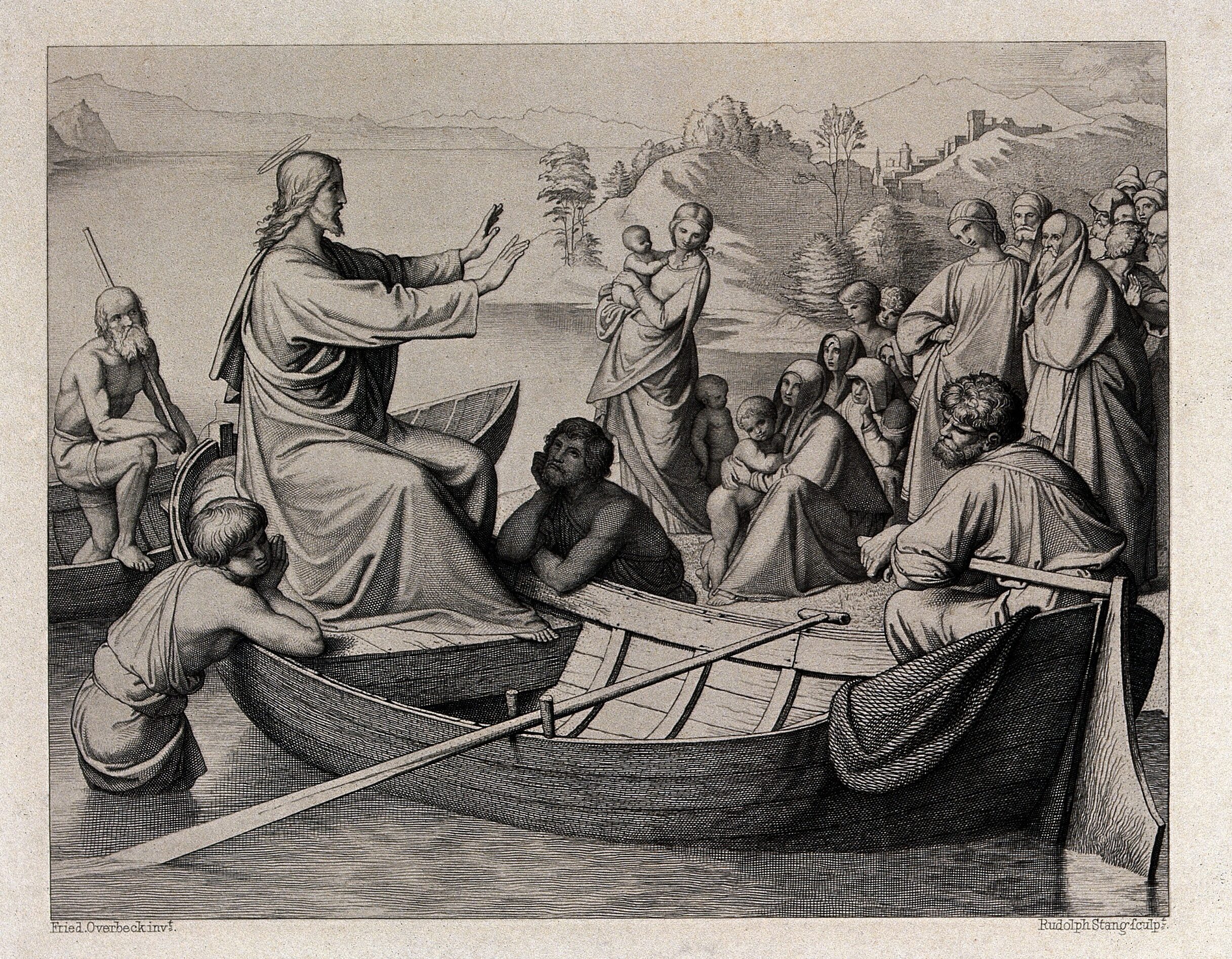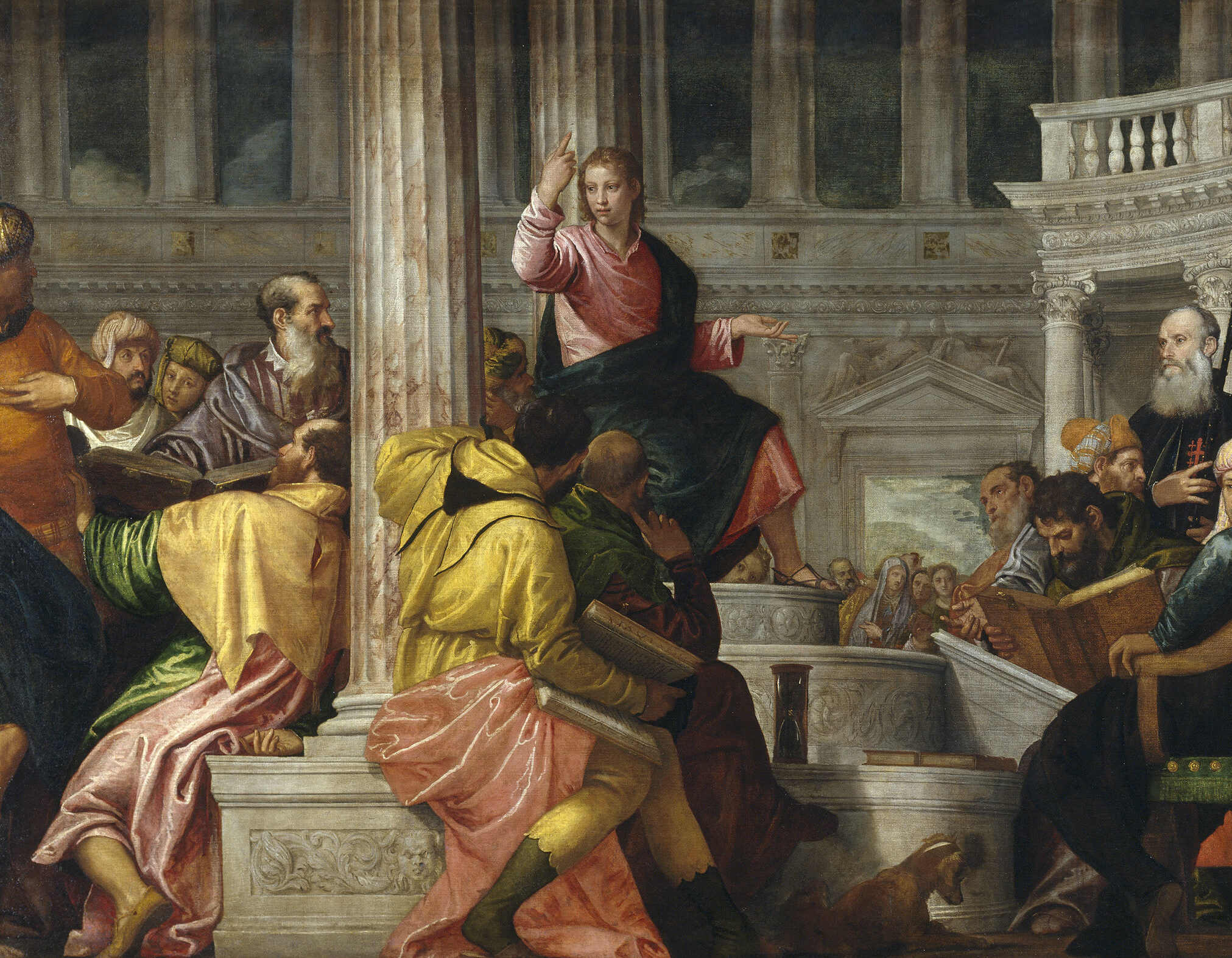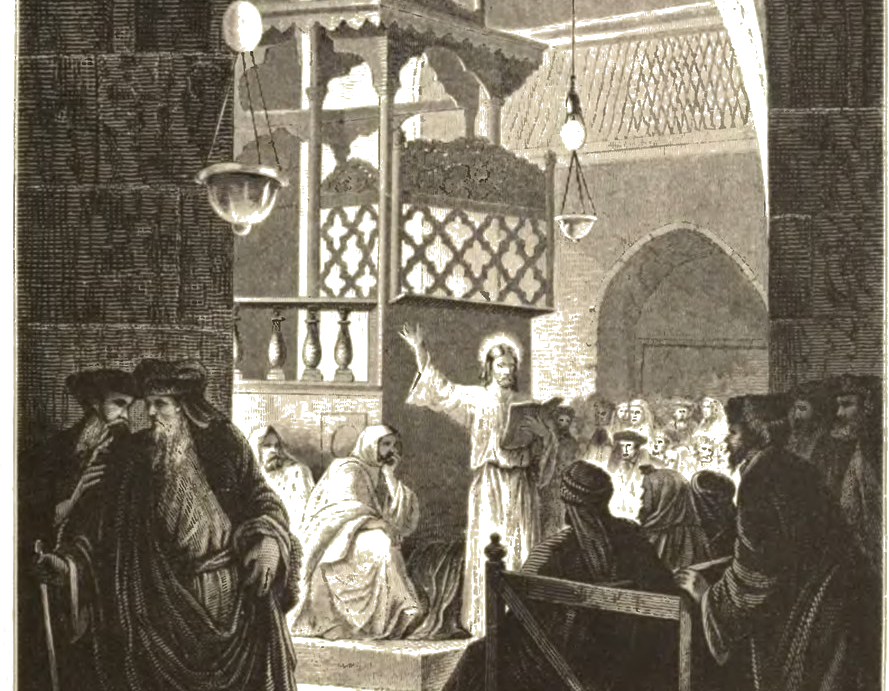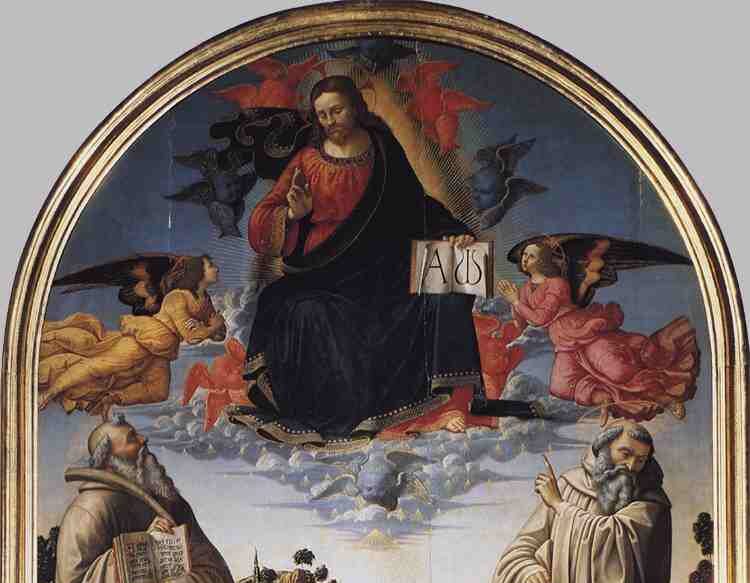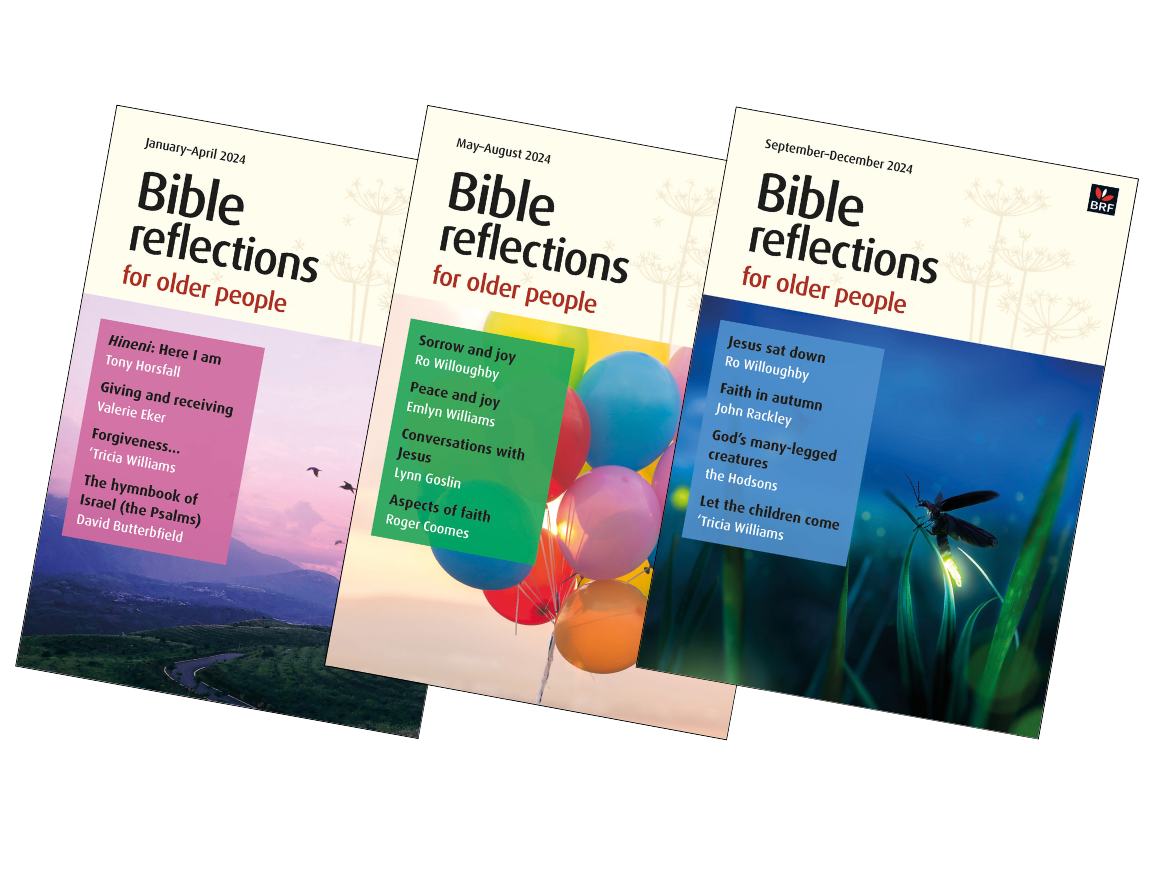Ro Willoughby ponders some of the times when Jesus sat down, in her latest series for Bible Reflections for Older People, September–December 2024.
18 August 2024
Sit with Jesus
Maybe you are like me and since childhood you’ve loved sitting at the front on the top deck of a double-decker bus. In the 1950s, research was conducted into double-decker bus drivers and conductors. It was discovered that drivers were twice as likely to have a heart attack as their conductor colleagues. They sat for 90% of their shift, whereas conductors climbed about 600 stairs in a day’s work.
In Jesus’ time, people walked everywhere. While they could ride on a donkey, be carried in a cart or sail in a boat, there were no other forms of transport and they mainly walked. Jesus would have had dirty feet, blisters and splinters. Yet we are specifically told of the times he sat down – to eat, to rest, to be with people, to teach and tell stories, to sit upon a throne in heaven.
I’d like to invite you to sit down with Jesus and to learn from him. (All quotations from scripture are my own paraphrase.)

